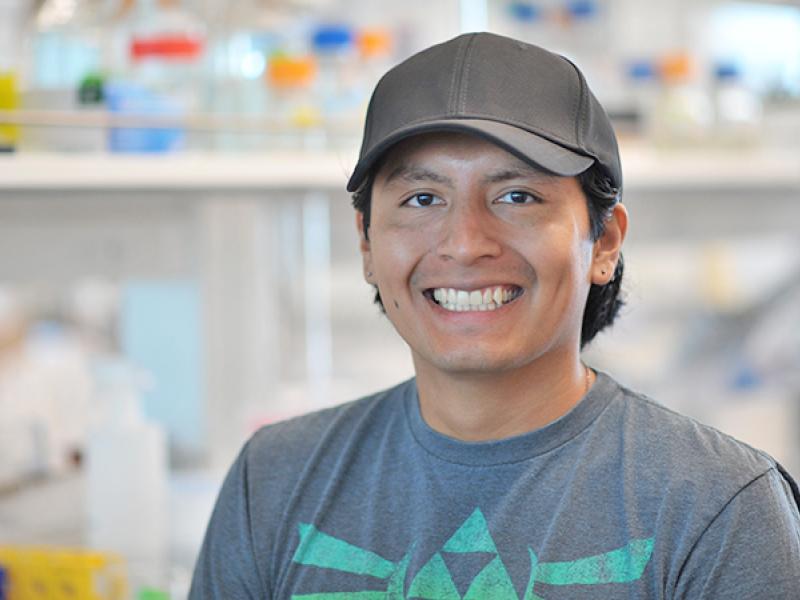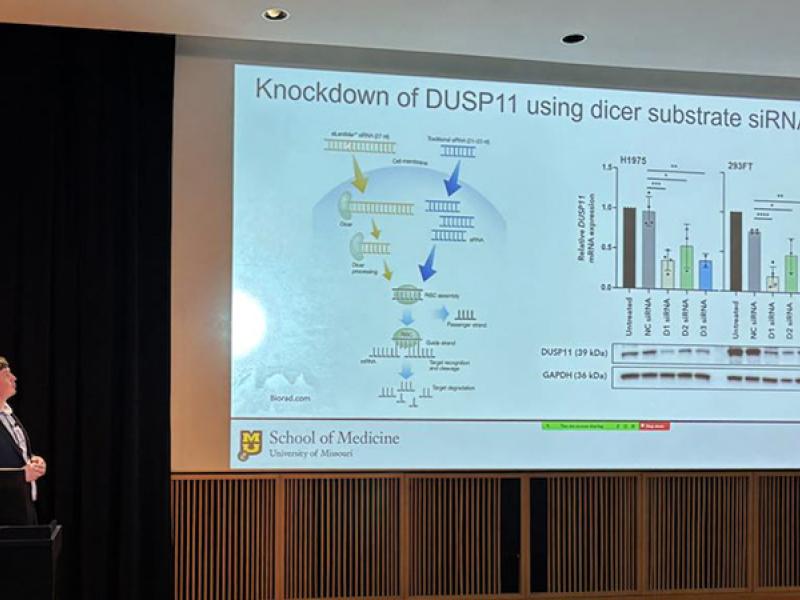The Nutrition and Exercise Physiology Track allows students to explore the two most important environmental influences on human function: the nutrients we consume and the amount and nature of physical activity we impose on our bodies. For the study of gene-environment interactions for precision medicine, the study of nutrition and exercise physiology provides clinically important paradigms.
In addition to the rigorous core courses in the general curriculum, students will focus on emphasis area courses such as Etiology of Obesity, Nutrition and Human Health, Exercise Endocrinology Human Nutrition II, Advanced Exercise Physiology, Cardiovascular Disease and Exercise, Clinical Exercise Physiology and more. Students will engage with faculty engaged in cutting edge research in precision nutrition and exercise with nationally and internationally renown faculty. PhD graduates of this emphasis area will be well trained for positions in academic research industry and government positions.
Curriculum
The Nutrition and Exercise Physiology track requires 75 hours total beyond the bachelor’s degree, including but not limited to the required core courses and courses required for the emphasis areas; courses from the Masters degree (≤ 30 hours if from another institution) may be counted towards the doctoral degree at the discretion of the student’s committee. At least 15 of the 75 hours of course work must be at the 8000/9000 level (exclusive of research, problems and independent study experiences).
Each Spring and Fall, students will have choices of advanced emphasis area coursework from a robust list of courses. In addition, each semester a new 1 credit hour short course on a cutting edge topic ill be taught by one or more faculty. In years 3-5 students are required to participate in these cutting edge topics courses.
Professional development and career opportunities
Graduate students receive training in laboratory research, seminar preparation, scientific writing, problem solving and grant writing. Graduate studies in Nutrition and Exercise Physiology Track offer the advantage of interdisciplinary exercise research that is facilitated by numerous collaborations at the many research centers at MU. The MU Nutritional Center for Health (MUNCH), which is used for study meal preparation and feeding studies is housed in NEP. The Exercise Physiology and Nutrition research programs collaborate closely with other units on campus including the Department of Biomedical Sciences in the Vet School, and the Departments of Internal Medicine and Medical Pharmacology and Physiology in the School of Medicine among others. Interdisciplinary nutrition research that is facilitated via the many research centers including the Botanical Center and the Life Sciences Center. Nutrition and Exercise Physiology Faculty are prominently represented and in leadership roles in the Precision Health Center.
Special achievements/recognitions:
Nutrition and Exercise Physiology faculty include the upcoming President of the Obesity Society (Dr. Parks), Director of the Next Gen Precision Health Building (Dr. Rector).






